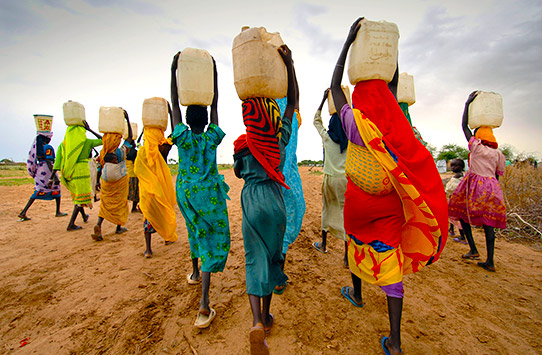The high dropout rate of girls in Africa exposes gender inequality concerns in several parts of Africa.
Dropout rate of girls in Africa
The high dropout rate of girls in Africa was first observed during the Ebola pandemic in Sierra Leone. There was a huge spike in teenage pregnancy after the pandemic, which then resulted in the high dropout rate of girls in affected communities.
Another factor that affects the high rate of African girls being left out of their education is that parents prefer to invest in the schooling of boys and expect the girls to handle household responsibilities.
According to Merle Mansfield, Campaign Director for the Zero Dropout Campaign, with the current COVID-19 pandemic, the gender inequality in Africa’s education system is expected to worsen. Mansfield is asking the government to extend support to African students without creating any gender biases.
With the COVID-19 pandemic, households are suffering financially. When financial capacity is compromised, basic needs are expected to be affected, and education is a part of it.
The percentage of dropouts from different parts in Africa has been increasing since the past decade, from as low as eight percent in 2008 to 16 percent in 2014. During an economic downfall in Venezuela, the number of dropouts went as high as 60 percent somewhere in 2015 to 2017.
How should the government aid the worsening education system?
According to Mansfield, the government should already intervene in the worsening education problem in Africa. Gender inequality should not be an issue anymore in this generation. Women should not be limited to household responsibilities anymore, they should be given equal opportunities the same as men.
- Train teachers in determining students in need of extended assistance and support
- Provide an extensive social support system for girl students in each school
- Offer alternative learning systems for students left behind from being out of school
- Observe a monitoring system for student absenteeism
- Provide nutritional feeding systems for students in poor schools
The government’s response to the concerns in African education is vital in ensuring a more productive generation of graduates.







